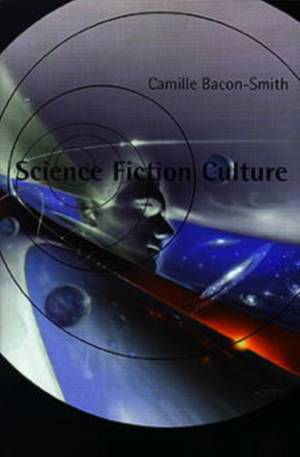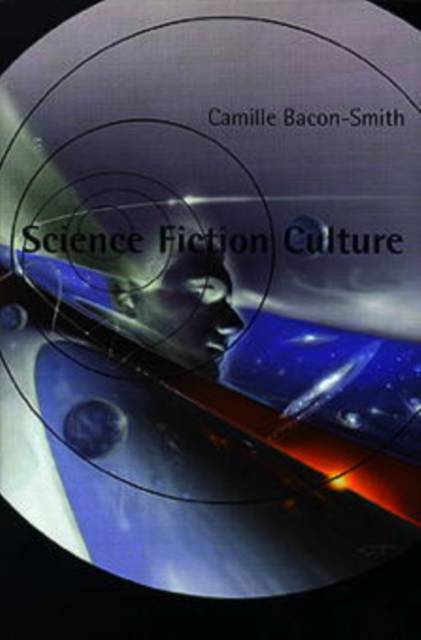
Door een staking bij bpost kan je online bestelling op dit moment iets langer onderweg zijn dan voorzien. Dringend iets nodig? Onze winkels ontvangen jou met open armen!
- Afhalen na 1 uur in een winkel met voorraad
- Gratis thuislevering in België vanaf € 30
- Ruim aanbod met 7 miljoen producten
Door een staking bij bpost kan je online bestelling op dit moment iets langer onderweg zijn dan voorzien. Dringend iets nodig? Onze winkels ontvangen jou met open armen!
- Afhalen na 1 uur in een winkel met voorraad
- Gratis thuislevering in België vanaf € 30
- Ruim aanbod met 7 miljoen producten
Zoeken
Omschrijving
In a century that has taken us from the horse and buggy to the world wide web, science fiction has established itself as the literature to explore the ways in which technology transforms society while its counterpart, genre fantasy, insistently reminds us of the magical transformations of the individual in response to the demands of the social. So it should come as no surprise that the fans and producers of these genres come together to create the culture of the future around the ideal that tales of wonder about the future and the imaginary past can be shared as both symbolic communication and social capital.
In Science Fiction Culture, Camille Bacon-Smith explores the science fiction community and its relationships with the industries that sustain it, including the publishing, computer, and hotel/convention industries, and explores the issue of power in those relationships: Who seems to have it? Who does have it? How do they use it? What are the results of that use? In the process, Bacon-Smith rejects the two major theoretical perspectives on mass culture reception. Consumers are not passive receivers of popular culture produced by the hegemonic ideology machine that is the mass media industry, nor are they rebels valiantly resisting that machine by reading against the grain of the interpretation designed into the products they consume. Bacon-Smith argues that the relationship between consumers of science fiction and producers is much more complex than either of these theories suggests. Using a wide range of theoretical perspectives, she shows that this relationship is based on a series of continuing negotiations across a broad spectrum of cultural interests.Specificaties
Betrokkenen
- Auteur(s):
- Uitgeverij:
Inhoud
- Aantal bladzijden:
- 328
- Taal:
- Engels
- Reeks:
Eigenschappen
- Productcode (EAN):
- 9780812215304
- Verschijningsdatum:
- 14/01/1999
- Uitvoering:
- Paperback
- Formaat:
- Trade paperback (VS)
- Afmetingen:
- 156 mm x 237 mm
- Gewicht:
- 557 g

Alleen bij Standaard Boekhandel
+ 121 punten op je klantenkaart van Standaard Boekhandel
Beoordelingen
We publiceren alleen reviews die voldoen aan de voorwaarden voor reviews. Bekijk onze voorwaarden voor reviews.











